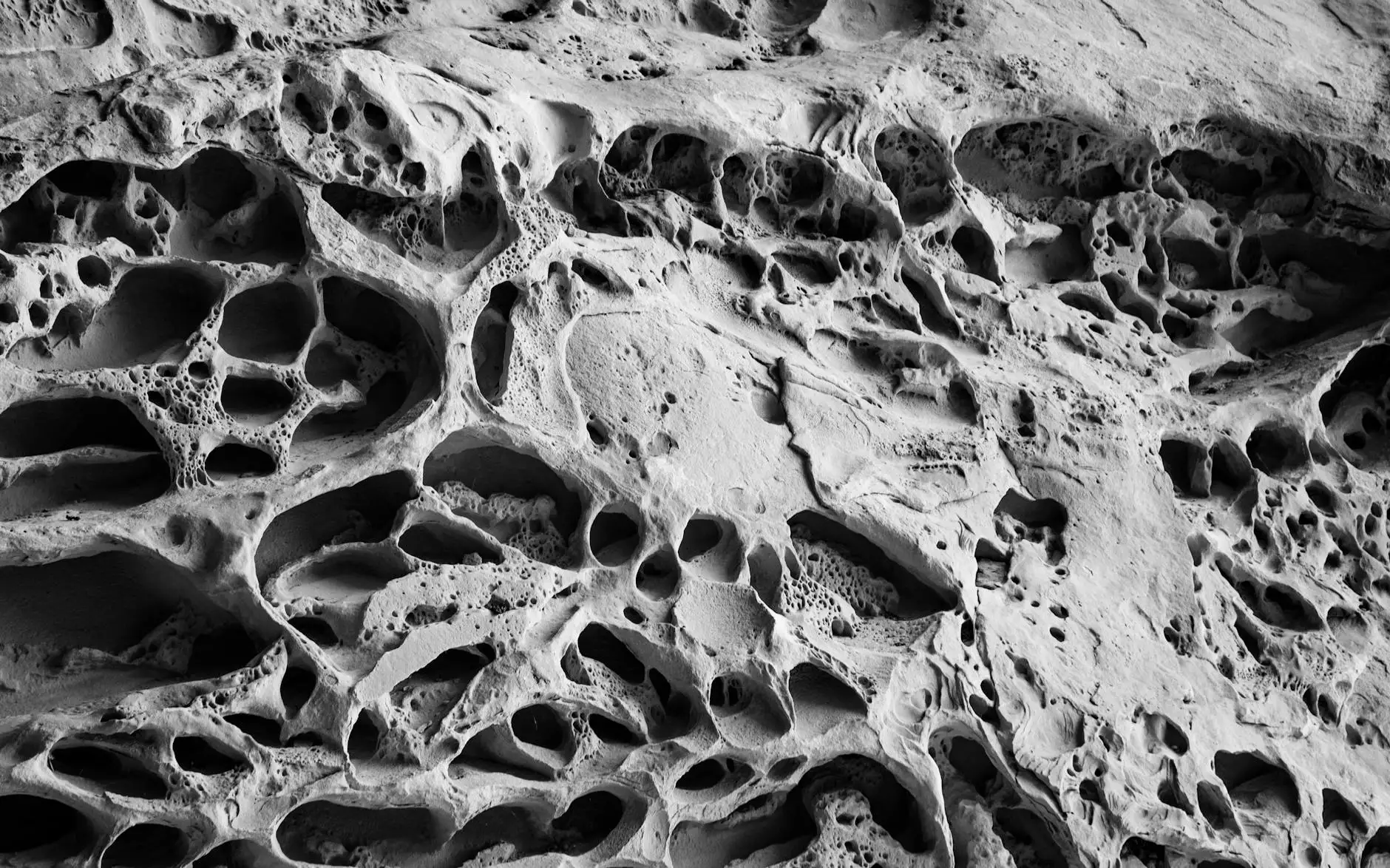Dental Crown Zirconia vs Porcelain: A Comprehensive Guide

When it comes to dental restorations, choosing the right material for your dental crowns is crucial for both aesthetics and functionality. In this article, we will delve deep into the comparison of dental crown zirconia vs porcelain, exploring their unique properties, benefits, and drawbacks to help you make an informed decision.
What Are Dental Crowns?
Dental crowns are prosthetic devices that are placed over a damaged tooth. They serve to restore the tooth's shape, size, strength, and appearance. Crowns can be made from a variety of materials, including metals, porcelain, resin, and zirconia. Each material has its own advantages and is suited for different dental needs.
Understanding Zirconia Crowns
What is Zirconia?
Zirconia is a type of ceramic that contains zirconium dioxide. It is known for its remarkable strength and durability. Zirconia crowns have garnered popularity in recent years due to their excellent aesthetic qualities and resilience.
Advantages of Zirconia Crowns
- Durability: Zirconia crowns are incredibly strong and resistant to fractures, making them ideal for back teeth that endure heavy chewing forces.
- Aesthetic Appeal: These crowns can be highly aesthetic, closely mimicking the translucent appearance of natural teeth.
- Biocompatibility: Zirconia is biocompatible, meaning it is unlikely to cause allergic reactions or sensitivities in patients.
- Less Tooth Reduction: The strength of zirconia allows for less tooth reduction when fitting the crown.
Disadvantages of Zirconia Crowns
- Potential Opacity: While modern zirconia can be made to look aesthetic, it may still appear more opaque compared to other materials like porcelain.
- Difficulty in Adjustments: Once a zirconia crown is fabricated, adjusting or modifying it can be more complex compared to porcelain crowns.
Exploring Porcelain Crowns
What is Porcelain?
Porcelain is a popular dental material known for its superb aesthetic qualities. It is a ceramic material that can be crafted to mimic the look of natural teeth closely.
Advantages of Porcelain Crowns
- Natural Appearance: Porcelain crowns are renowned for their lifelike appearance, making them a popular choice for front teeth restorations.
- Adaptability: Porcelain can be easily adjusted and shaped chairside by the dentist.
- Stain Resistance: High-quality porcelain is resistant to staining, helping maintain its color over time.
Disadvantages of Porcelain Crowns
- Less Strength: While porcelain crowns offer great aesthetics, they are less durable than zirconia and may be more prone to chipping or cracking.
- More Tooth Reduction Required: More preparation of the underlying tooth structure is often necessary when placing porcelain crowns.
Zirconia vs. Porcelain: Key Differences
When comparing dental crown zirconia vs porcelain, several key differences emerge:
Strength and Durability
Zirconia crowns are superior in strength compared to porcelain crowns. This makes zirconia more suitable for high-stress areas, such as the back teeth, while porcelain may be preferred for visible, less impacted areas.
Aesthetics
Porcelain crowns excel in aesthetics, particularly for those who prioritize a natural appearance in their front teeth. However, advancements in zirconia manufacturing have made it a suitable contender for aesthetics as well.
Cost Considerations
The cost of both zirconia and porcelain crowns may vary based on factors like location and dental professional fees. Generally, porcelain crowns may be slightly less expensive than zirconia due to their broader use and availability.
Choosing the Right Crown for You
The decision between dental crown zirconia vs porcelain should be made after thorough consultation with your dentist. Factors to consider include:
- Location of the Tooth: Back teeth may benefit more from the durability of zirconia, while front teeth often prioritize aesthetics.
- Dental Health: The health of your tooth structure and gums can influence which material is best suited for your needs.
- Personal Preference: Your desires regarding aesthetics and longevity should guide your choice.
Conclusion
In the debate of dental crown zirconia vs porcelain, there is no one-size-fits-all answer. Both materials offer unique benefits that cater to different dental needs. By understanding the differences, advantages, and limitations of zirconia and porcelain crowns, you can engage in an informed discussion with your dentist, ensuring you choose the best option for your dental restoration. Remember, the ultimate goal is to restore not just the functionality of your tooth but also the confidence in your smile.
For more information on dental crowns and other dental services, visit Chiswick Park Dental.









